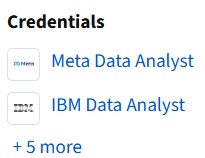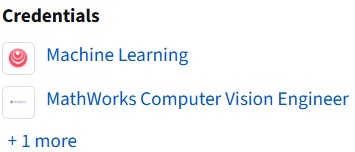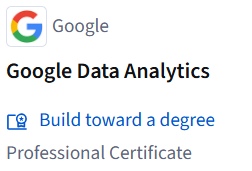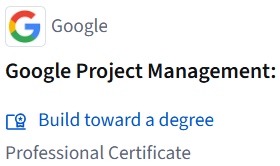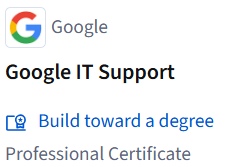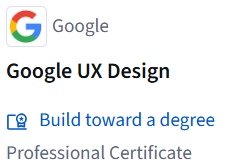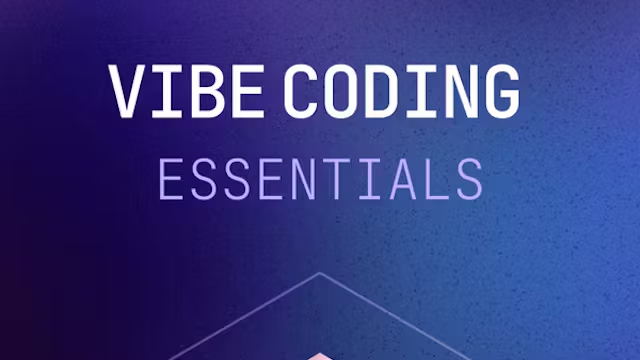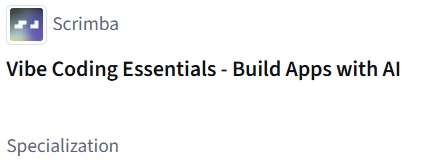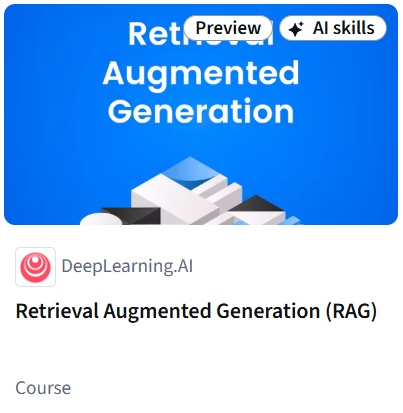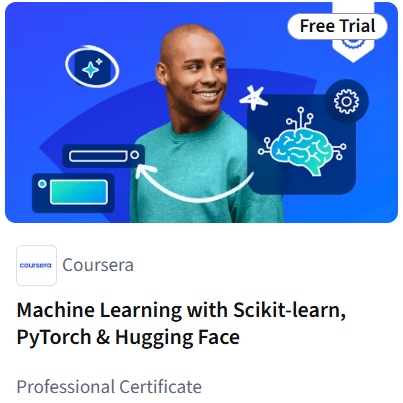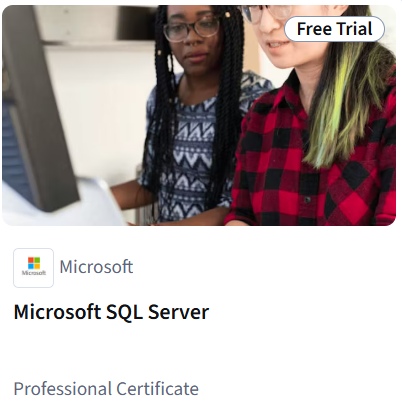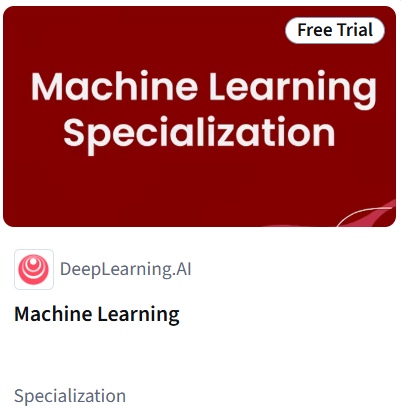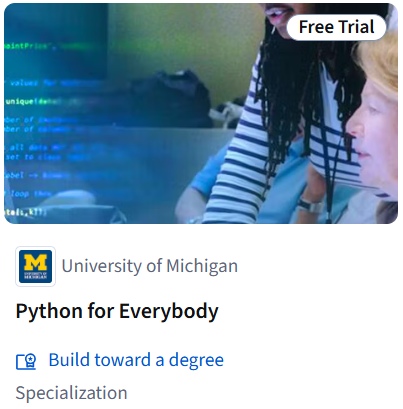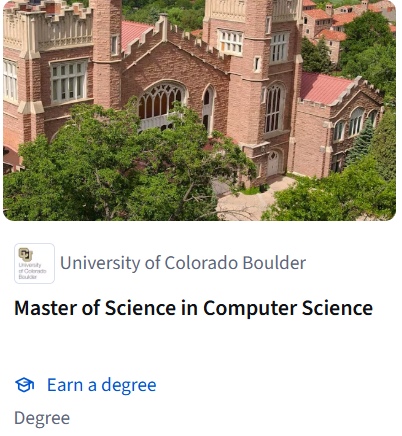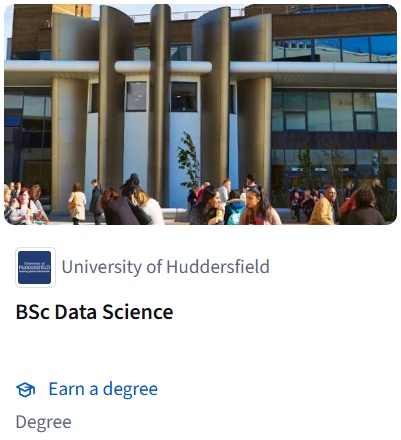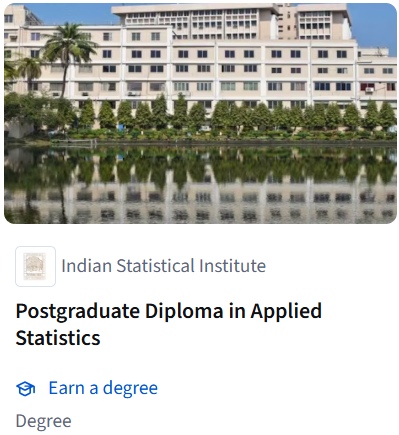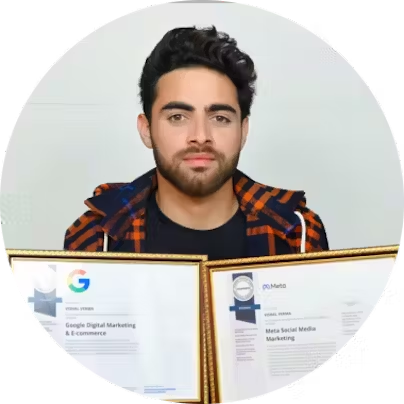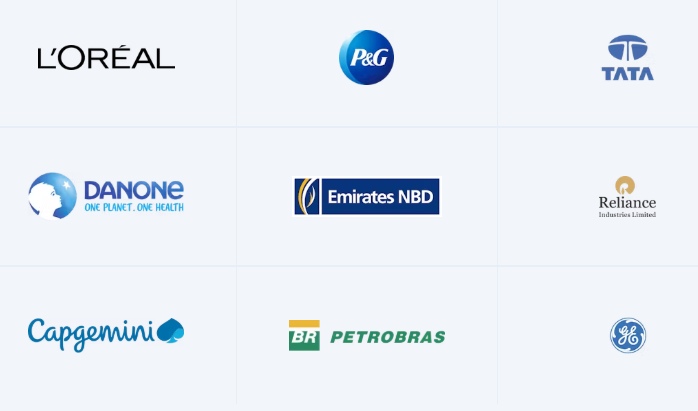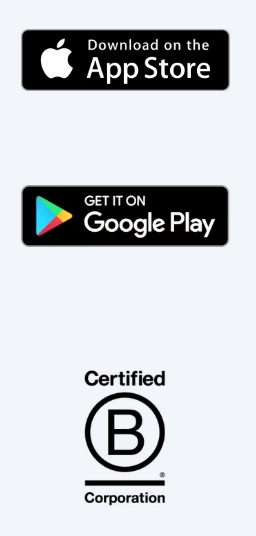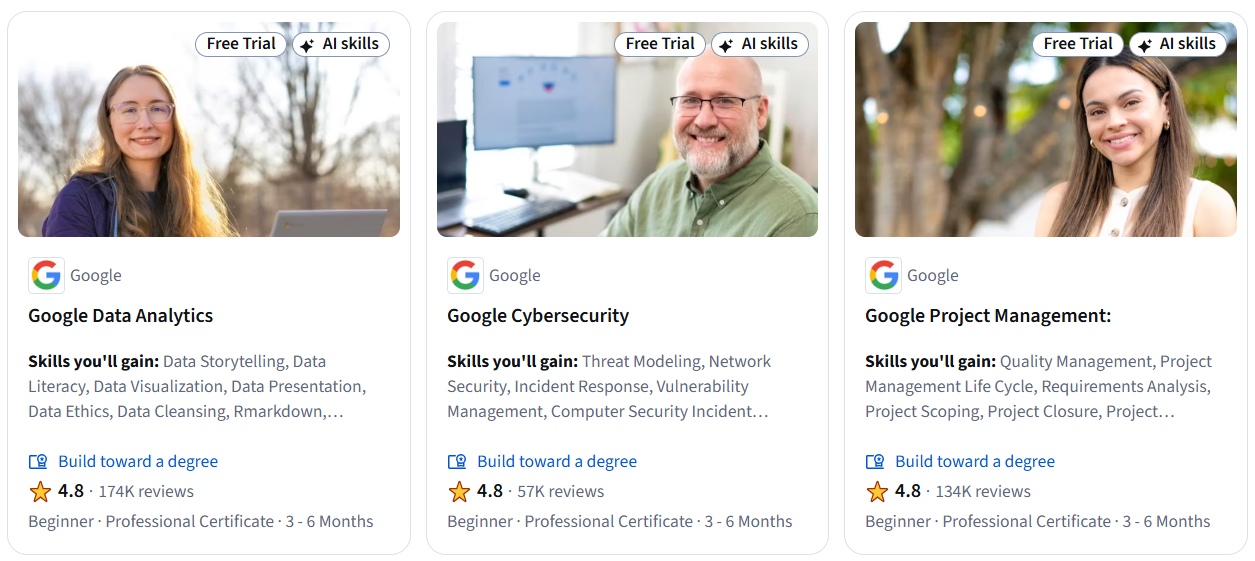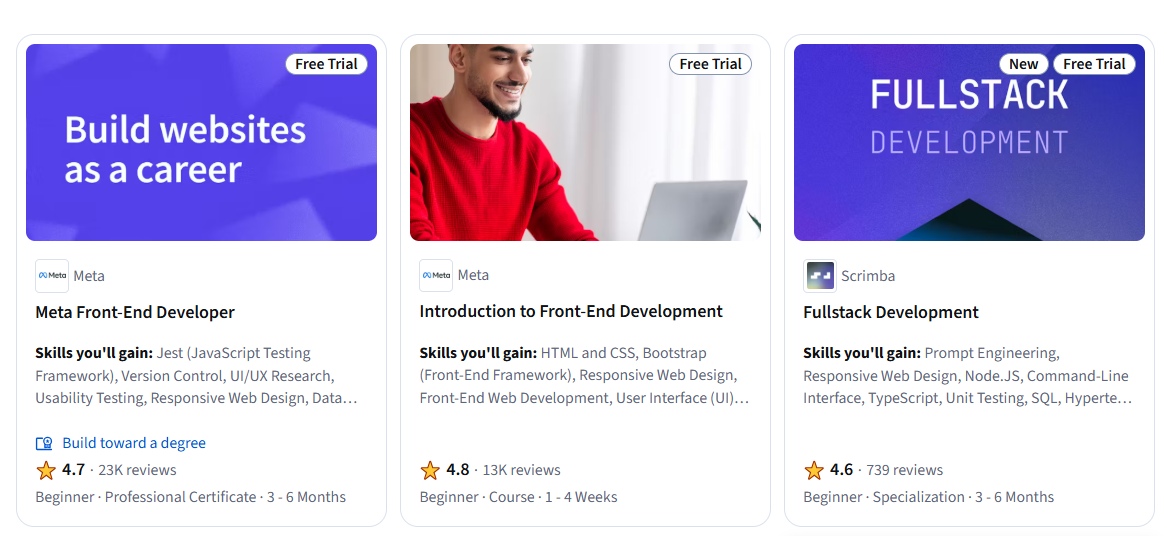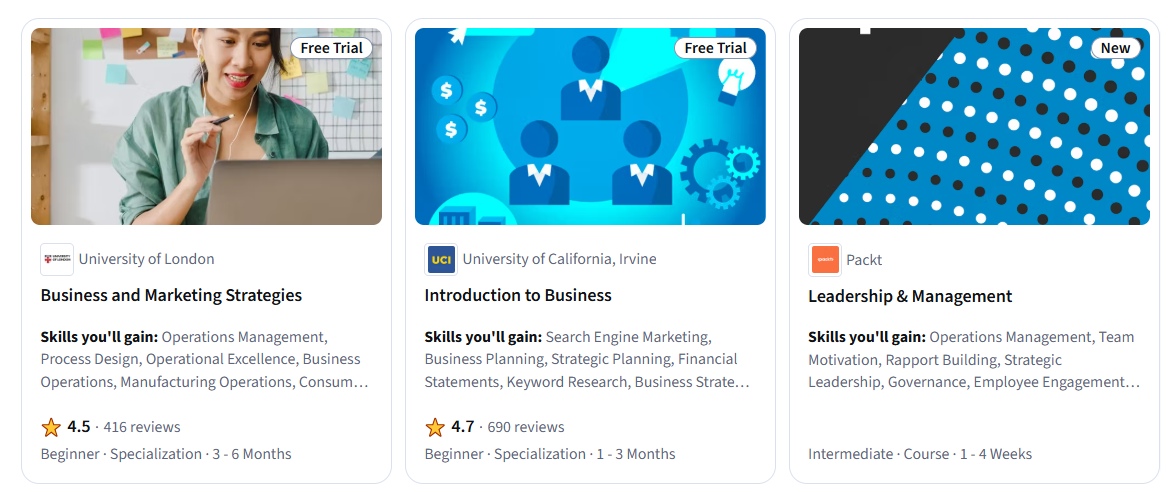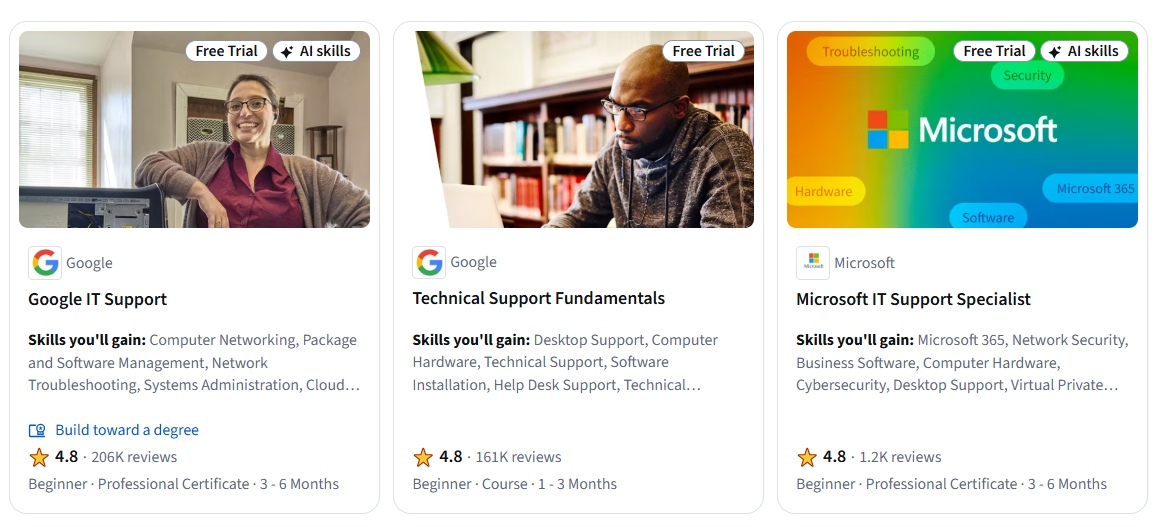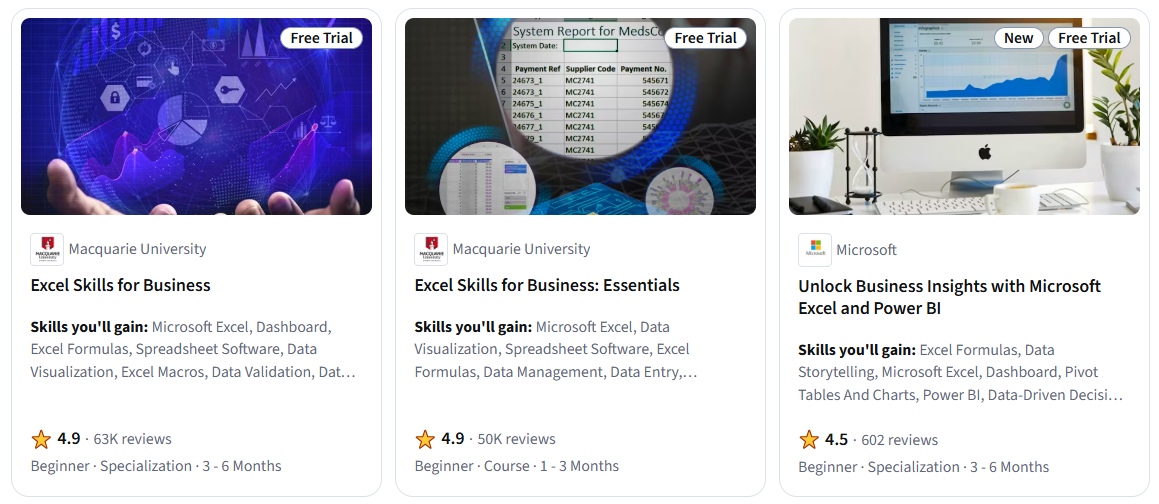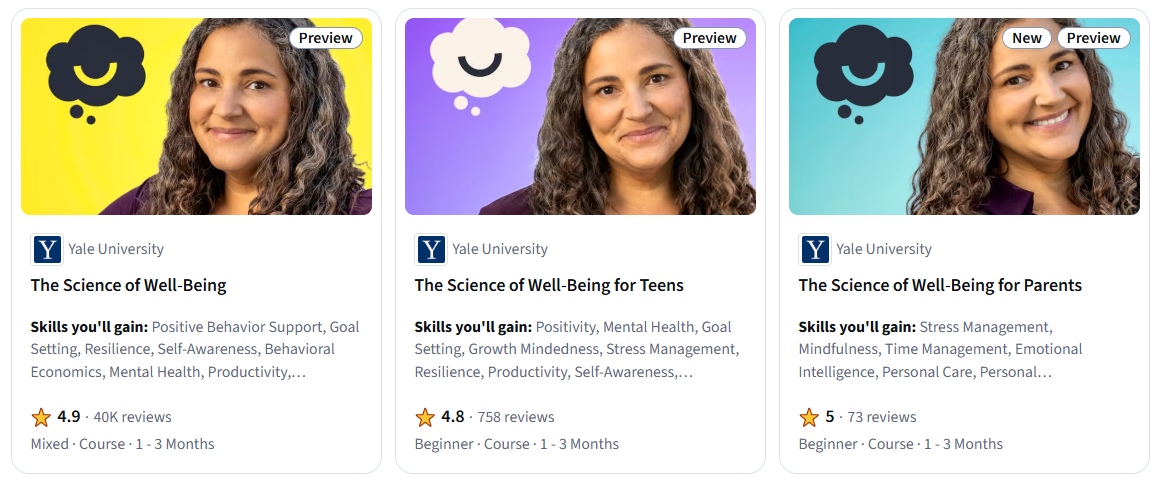Get $120 off a year of Coursera Plus and dive into 10,000+ skill-building programs from Google, IBM, and more. Seize this chance to open endless career possibilities—hurry, offer ends soon.
$279 for 12 months (regularly $399)
Offer ends soon, see our Offer Terms.
Gain the knowledge and skills you need to advance.
A Data Analyst collects, cleans, and interprets data, using tools like Excel, SQL, and Tableau to analyze trends and provide insights for decisions.
If you like: analyzing data to find insights, creating reports and visualizations, working with spreadsheets and databases
$97,152 median salary ¹.
66,320 jobs available ¹.
A Data Scientist analyzes large datasets to uncover insights, using statistics, machine learning, and visualization to inform business strategies.
If you like: analyzing complex datasets, developing machine learning models, solving statistical problems
$145,280 median salary ¹.
53,720 jobs available ¹.
A Machine Learning Engineer builds and optimizes algorithms that enable computers to learn from data, using large datasets and neural networks.
If you like: developing machine learning models, working with large datasets, coding in python or r
$169,700 median salary ¹.
24,430 jobs available ¹.
Identify, develop, and execute impactful GenAI business strategies.
¹Each university determines admission and the number of pre-approved prior learning credits that may count toward the degree requirements according to institutional policies, which may consider any existing credits you may have.
77% of learners report career benefits, such as new skills, increased pay, and new job opportunities. 2023 Coursera Learner Outcomes Report
“Being a mother — especially a working mother means I’m constantly trying to juggle my schedule, my kids’ schedules, and work. I am very grateful for the flexible and remote learning programs that Coursera has to offer.”
“From taking courses on Coursera, I gained a deep understanding of the UX Design process from start to finish. With the knowledge I gained, I feel prepared for entry-level jobs and internships. I've been able to apply the skills and knowledge I gained to multiple projects and work experiences.”
“I really enjoyed my courses. The quizzes, videos, and quick labs provided helpful hands-on experience. Learning on Coursera has given me the confidence and ability to excel in my career. I love this feeling.”
Train teams with industry-leading experts and universities, enhanced by AI tools and recognized credentials.
Upskill a small team? Check out Coursera for Teams
Join now to receive personalized recommendations from the full Coursera catalog.
ChatGPT
Coding
Computer Science
Cybersecurity
DevOps
Ethical Hacking
Generative AI
Java Programming
Python
Web Development
Artificial Intelligence
Big Data
Business Analysis
Data Analytics
Data Science
Financial Modeling
Machine Learning
Microsoft Excel
Microsoft Power BI
SQL
Accounting
Digital Marketing
E-commerce
Finance
Graphic Design
IBM
Marketing
Project Management
Social Media Marketing
Essential IT Certificates
High-Income Skills to learn
How to Get a PMP Certification
How to learn Artificial Intelligence
Popular Cybersecurity Certificaions
Popular Data Analytics Certifications
What Does a Data Analyst Do?
Career Development Resources
Career Aptitude Test
Share your Coursera Learning Story
About
What We Offer
Leadership
Careers
Catalog
Coursera Plus
Professional Certificates
MasterTrack® Certificates
Degrees
For Enterprise
For Goverment
For Campus
Become a Partner
Social Impact
Free Courses
ECTS Credit Recommendations
Learners
Partners
Beta Testers
Blog
The CourseraPodcast
Tech Blog
Press
Investors
Terms
Privacy
Help
Accessibilty
Contact
Articles
Directoty
Affiliates
Modern Slavery Statement
Manage Cookie Preferences
© 2025 Coursera Inc. All rights reserved.
You want courses that actually move the needle. The list below focuses on programs that are beginner friendly, regularly updated, well rated, and give you hands-on work you can show in a portfolio. I grouped them by goal so you can scan, then dig into the details where it matters.
How I picked these
I checked official pages for content, time estimates, and enrollment signals.
I looked for clear projects or a capstone so you finish with proof of skill.
I read learner feedback and independent roundups for patterns, not one-off opinions.
Fast picks by outcome
Deep dives by category
Why it stands out: More Python and SQL from day one, with lab work across tools like Jupyter and Cognos. You also earn IBM skill badges as you complete the series.
Best for: Learners who prefer Python tooling over R and want practical exercises.
What you actually get: A clear, non-technical map of where AI helps and where it does not, plus a quick overview of modern generative AI and prompt basics. Both are short and easy to apply at work.
Pair it with: Vanderbilt’s Prompt Engineering for ChatGPT to learn patterns and techniques you can reuse in docs, coding, research, and marketing tasks.
When to pick this: If you want BigQuery, Looker Studio, and cloud-native analytics on your resume, this path gives you the tooling orientation.
What it covers: A modern refresh of the famous ML course, now a three-course sequence that bridges fundamentals to hands-on practice. Great for analysts and developers stepping into ML.
Why it helps: Clear pathway with research, wireframing, prototyping in Figma, and a portfolio case study by the end. Enrollment scale and steady ratings suggest strong demand.
What you build: Responsive sites, React apps, and version control habits. The sequence also includes interview prep guidance and project work you can ship.
Why it’s still relevant: A compact tour of marketing, accounting, operations, and finance with a go-to-market capstone. Good for founders and career switchers who want solid fundamentals without committing to an MBA.
Who it fits: New marketers and store owners. You learn customer journeys, campaign planning, analytics basics, and commonly used tools like Shopify and Google Ads. The certificate is also endorsed by major industry groups, which adds credibility.
What you get: Planning, risk, Agile and Scrum basics, stakeholder communication, and a capstone experience. Enrollment numbers are strong, and the program can support PMI education hours along with access to Google’s employer consortium information.
Why it works: A proven on-ramp to service desk roles. You cover troubleshooting, networking basics, Linux, and scripting. Good if you like solving practical tech problems.
Good follow-up: Google IT Automation with Python to level up scripting and automation.
Why it’s a staple: One of the most used Excel sequences on the platform. You move from formulas and lookups to dashboards with a steady, structured build.
Why it lasts: Short, memorable strategies for studying and problem solving. Many learners call it a boost to everything else they study.
What you practice: Evidence-based habits for happiness and better day-to-day choices, taught by Prof. Laurie Santos. It has reached a very large audience and even inspired a teens version.
If you want Data Analyst, begin with Google Data Analytics, then add a Python-heavy follow-up like IBM Data Analyst or Google Advanced Data Analytics. Keep building a public portfolio.
Pick programs that end with a case study, dashboard, or capstone you can show. That is what interviewers want to see.
Short primers like AI for Everyone get you working smarter in a week. Career certificates need a few months and more practice.
Program pages list expected timelines and hours per week. Use these to plan your weekly routine.
Example ladders that work:
Python for Everybody → Machine Learning Specialization → a focused ML or GenAI course.
Foundations of UX → Google UX Design → one small freelance or volunteer project to make your portfolio real.
Brand names like Google, IBM, Meta, Wharton, and Yale help your resume pass a first screen. What gets interviews is your portfolio and how you talk through your projects. The programs above include projects or capstones that make this easier.
Most of the beginner tracks say no prior experience required on the page. Read the prerequisites before enrolling.
Career certificates usually suggest three to six months part-time. Check the program page for an hours-per-week estimate and plan your study blocks.
If you plan to take more than one program this year, Plus often saves money. Watch for seasonal deals.
If you are switching careers, choose a full certificate with a capstone so you graduate with something to show. If you only need a boost at work, take a short foundational course and apply it immediately.
For most people, the best starting points are Google Data Analytics for data roles, Programming for Everybody for first-time coders, Google UX Design or Meta Front-End for product roles, and AI for Everyone for leaders who want to use AI well.
From there, stack the next step that matches your goal, build a simple portfolio, and keep shipping small projects. That is what turns course time into real progress.
We are not affiliated with or endorsed by the brands mentioned. All trademarks belong to their respective owners.



